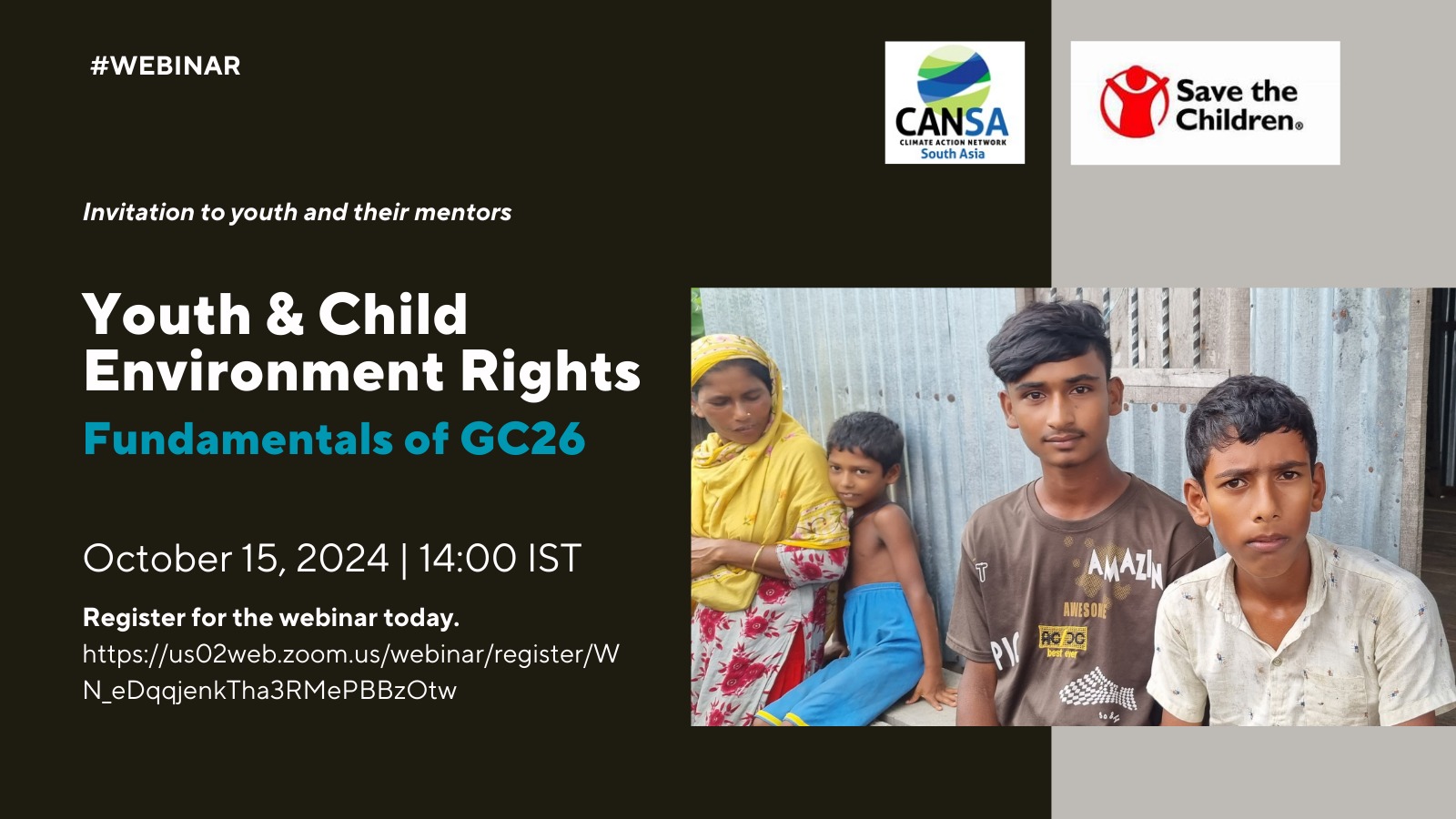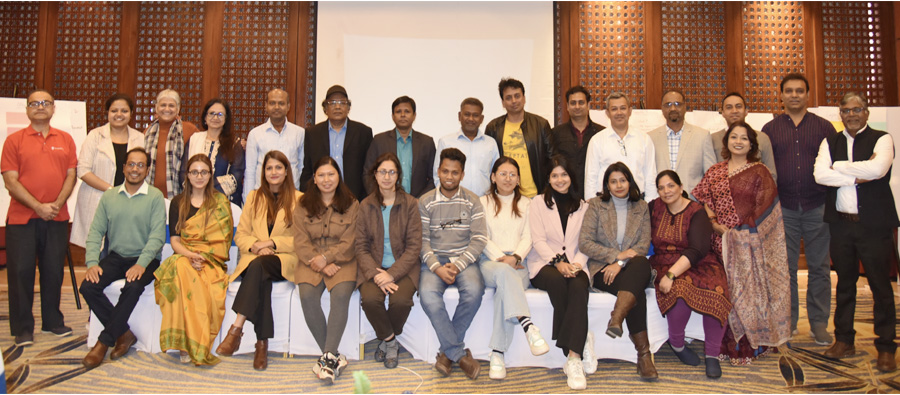Gender and Child Rights
Climate change disproportionately affects marginalized groups worldwide, including women, children, elders, and the differently-abled, exacerbating their vulnerabilities. Women, in particular, face compounded challenges due to societal roles and structural inequalities, which hinder their ability to cope with environmental impacts.
The intersection of gender and climate change reveals how structural inequalities intensify women’s vulnerability. Women often bear the brunt of climate-related disasters and resource scarcity, exacerbated by their roles in caregiving and agriculture, where access to resources and decision-making power is limited.
Recognizing these disparities, CANSA emphasizes integrating gender into climate change discussions. It advocates for acknowledging women not only as beneficiaries but also as pivotal contributors to sustainable development and effective climate action. This approach seeks to bridge the gender divide by empowering women to participate in decision-making processes and resilience-building efforts.
Addressing these challenges requires dismantling barriers that restrict women’s access to resources, knowledge, and leadership roles. By promoting gender equality within climate initiatives, CANSA aims to enhance adaptive capacities and reduce vulnerabilities among marginalized communities.
Integrating gender perspectives into climate strategies is essential for fostering inclusive and equitable solutions. By empowering women and recognizing their contributions, CANSA advocates for a transformative approach that ensures climate resilience and sustainable development for all.
PROJECTS
Mainstreaming gender and child rights in climate actions
For Details: Click Here
Strengthen the capacity of 3 state governments and CSOs in the states of Kerala, Odisha and Uttar Pradesh in building the resilience of women and children
For Details: Click Here
Global Civil Society Strengthening Program
For Details: Click Here
WEBINARS/EVENTS
Youth and Children Environment Rights – Fundamental of GC26

For Details: Click Here
Youth and Child Environment Rights – Fundamentals of GC26

For Details: Click Here
Gender and Child Rights Inclusion in Climate Action

For Details: Click Here
Inception workshop – Mainstreaming Gender and Child Rights in Climate Action Work

For Details: Click Here




